|
“Never meet your hero” is a microphone-dropping expression. Whatever happens, you risk being disappointed, they say. Like seeing a peacock up close, heroes just don’t look so magical in the bright light. Sometimes that’s the fault of them being human; sometimes it’s the fault of the stratospheric expectations we have for every dimension of their life. This is what people say, but you don't have to believe it. “Hero” here is being used liberally, and not in the “saving a flaming busload of school children” sense. Bruce Springsteen or Sandra Day O'Connor might be your hero. Your distant uncle or your 12th grade English teacher might be your hero. And you might be a hero to someone because of what you’ve done, given, or who you are. There are only two books by living authors that I read so many times that their authors became heroes to me. The first book I read 35 times when I was in college. When I graduated, I wrote the American author to thank him, but never heard back. The second book I read more recently, and have reread my notes of it at least 20 times since. I wrote the French author to thank him, but never heard back. After a couple more tries with a couple other email addresses, I got a short thank you. Years passed. My family and I were going to France for a conference over Thanksgiving. In spite of the “Never meet your hero” advice, I emailed this man a couple weeks before we left. I asked if he would like to meet for coffee, lunch, dinner, or whatever. He chose the “whatever” option in a very big way. Day 1. He and his family took us to dinner Day 2. Took us on his favorite "hidden surprises of Paris" tour Day 10. Came over to our apartment for dinner and silly laughs Day 12. Bid us farewell with a "good luck" college present for my oldest daughter Here’s what stuck me. What I most wanted to talk about when I met him was his book (and others he wrote). I had 40 hours of questions and praise. Yet that wasn’t what he wanted to talk about for more than just a few minutes. He wanted to talk about marriage, delivering pizza (which we both did as teenagers), kids, ups and downs, faith, food, the 1754 French-Indian War, morning routines, board games, bike riding, . . . almost everything but his books, and that's why Alexis Beuve is a hero to me. He made me meet him not as a hero, but as a person who had a lot of other meaningful dimensions to connect with. He also did so in a very humble and giving way. This had a much bigger impact on me than if we would have talked 40 hours about his books like I had originally wanted. It made the impact of his books on me even greater. “All actual heroes are essential people. And all people are possible heroes,” said E.B. Browning. This is easy to forget. We forget to cut our heroes slack – hey, they’re just human. We might also forget that we could be a hero to someone and we might need to be sure we act humble and human. We might not be a flaming bus-saving headline hero, but we might be a hero to someone we don’t know. Being that humble, connecting, interested person will be your antidote to the “Never meet your hero” warning. Related Readings on Heroism
0 Comments
No one has a cousin named Tarzan. No one has a best friend named Goat Boy. That’s because we’re not raised by apes or goats, but we're all raised, socialized, and helped by other people.
Some of these people are obvious: parents, close relatives, coaches, and some teachers. But a lot of others aren’t nearly so obvious. They might be that person who recommended we go to one school versus another, helped get us a job, helped lend a hand during a difficult time, or saved us from a desert island that one time by paddling through shark infested waters using only his right arm. With Thanksgiving coming up, it can be a nice chance to hit pause and think of 2-3 nonobvious people who might have done a small thing that made a big difference in our life. Doing something as simple as this can do your soul good. On one extreme, it reminds us that we aren’t the self-centered Master of our Universe as we might think when things are going great. On the other extreme, it reminds us that there are a lot of people silently cheering for us when we might think things aren’t going so great. What do you suppose would happen if you tracked these people down and game them a call? It’s four steps: 1. Find their phone number and dial. 2. “Hey, I’m ___; remember me? How are you?” 3. “It’s Thanksgiving. I was thinking of you.” 4. “Thanks” For about the past 30 years, I’ve tried to do this each Thanksgiving. It used to be the same 3-4 people (advisors and a post-college mentor), then a couple more, and this year I’m adding a new one. For some reason, I always look for an excuse why I shouldn’t make these calls. I always find myself pacing around before I make the first call. Part of me thinks I might be bore them, or they already know it, or it’s interrupting them, or that it’s too corny. Yet even if I have to leave voice messages, I’m always end up smiling when I get off the phone. I feel more thankful and centered. Maybe they feel differently too. Still, there’s some years I never made any calls, because I had good excuses. Maybe it was too late in the day, or they were probably with their family, or I called them last year, or I didn’t really have enough time to talk. I’m sure they had some good excuses – way back when – as to why they didn’t have time for me. I’m thankful they didn’t use them. If you can think of 2-3 people you’re thankful for who might not know it, you don’t have to wait until Thanksgiving next year to tell them. They won’t care that you’re a little bit late or a whole lot early. It’s only 4 steps. |
Welcome!Here are some tips, tricks, and secrets on how you and your family can eat to be healthier and happier. They're based on over 30 years of our published research.
Fun InterviewsMost Visited Last Month• For You
• Smarter Lunchrooms • The X'Plozionz Band • Help your family • Kitchen Scorecard • Retracted papers • Grocery secrets • Do kids inherit taste? • Be healthier at work • How not to retire • Estimating calories • Restaurant Secrets • Syllabus template Top 2024 Downloads• Kitchen Makeover
• Smarter Lunchrooms • Smarter Lunchroom Scorecard • Grocery Shopping Hacks • Restaurant Secrets • Write a Useful Syllabus • Workplace Wellness Tips • Healthy Profitable Menus Categories
All
|
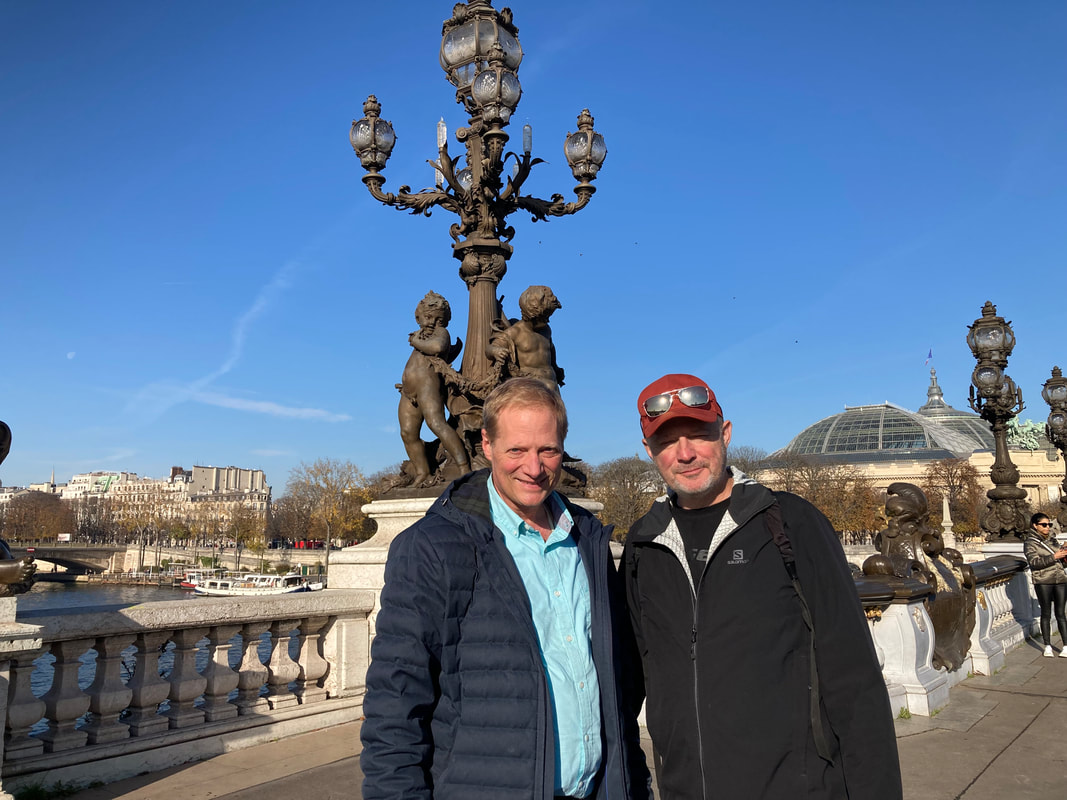
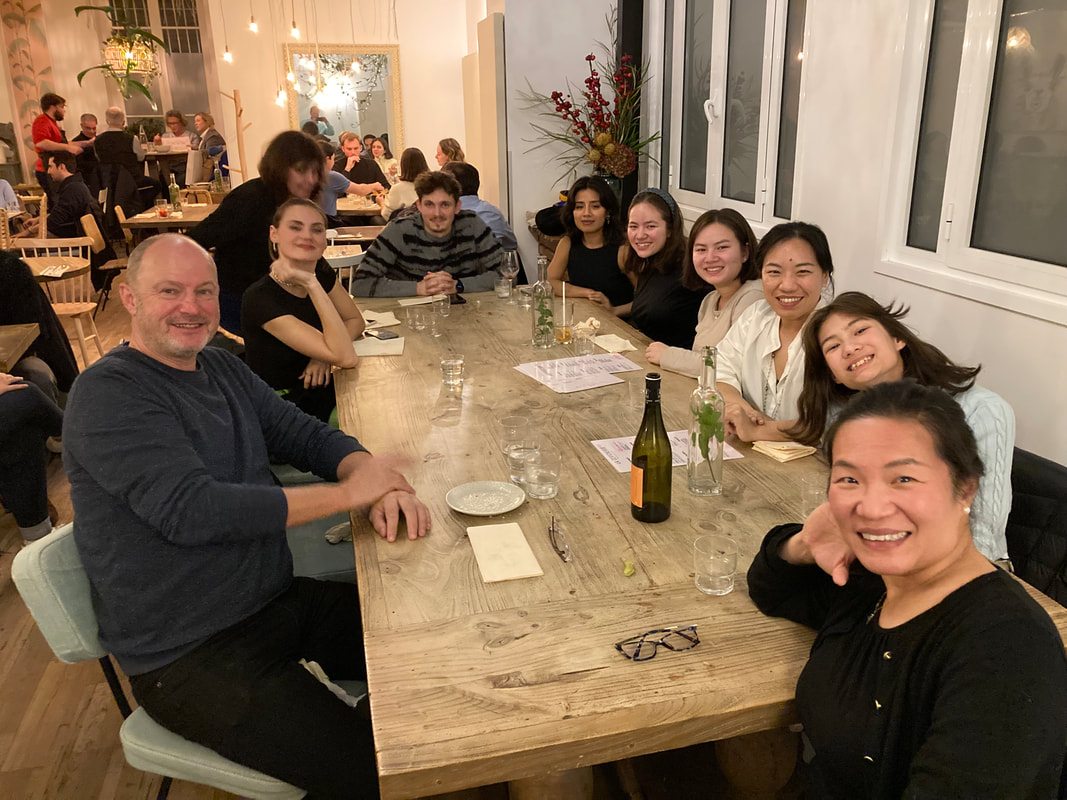
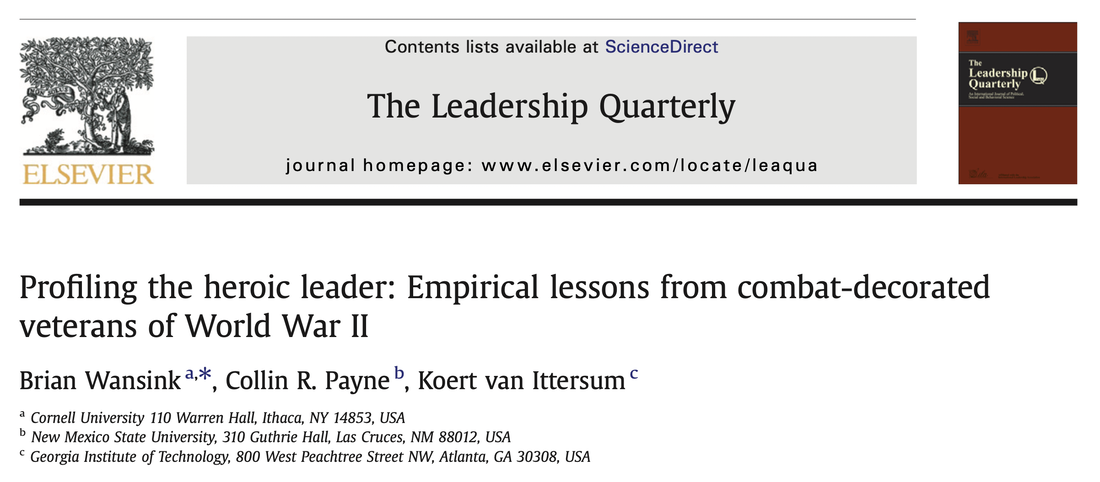
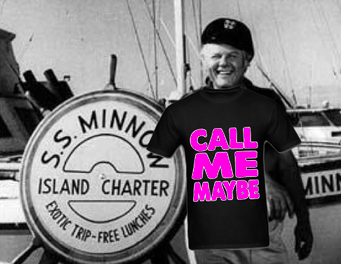
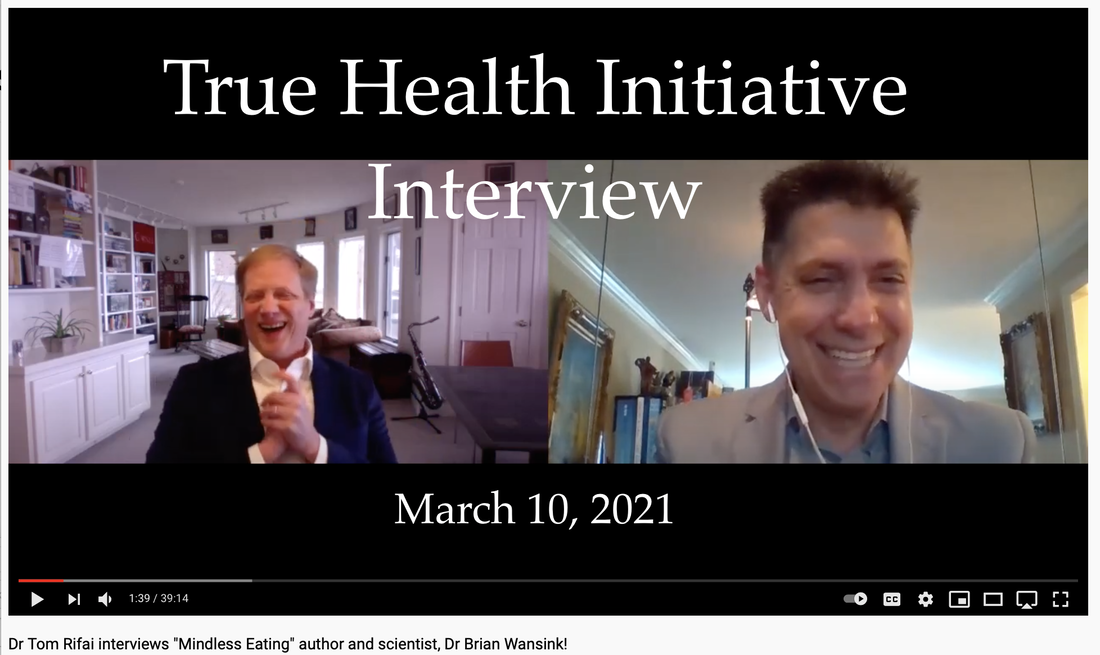
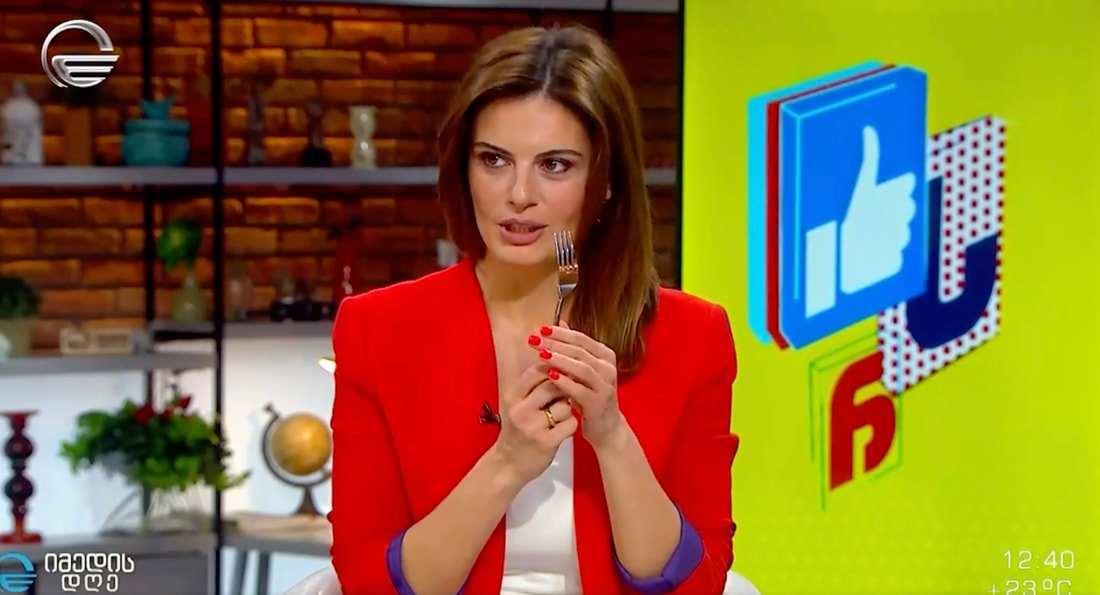
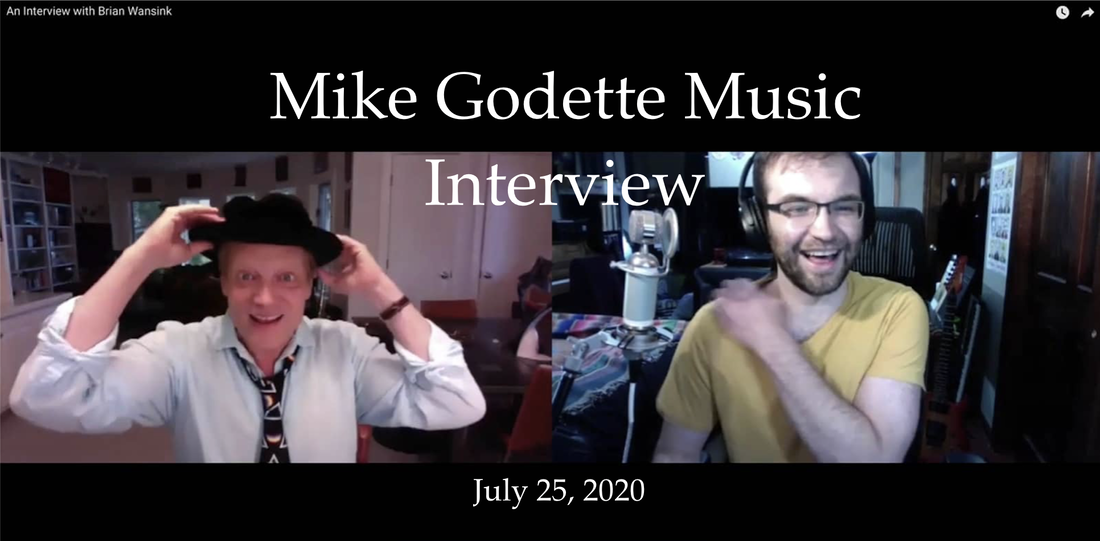

 RSS Feed
RSS Feed